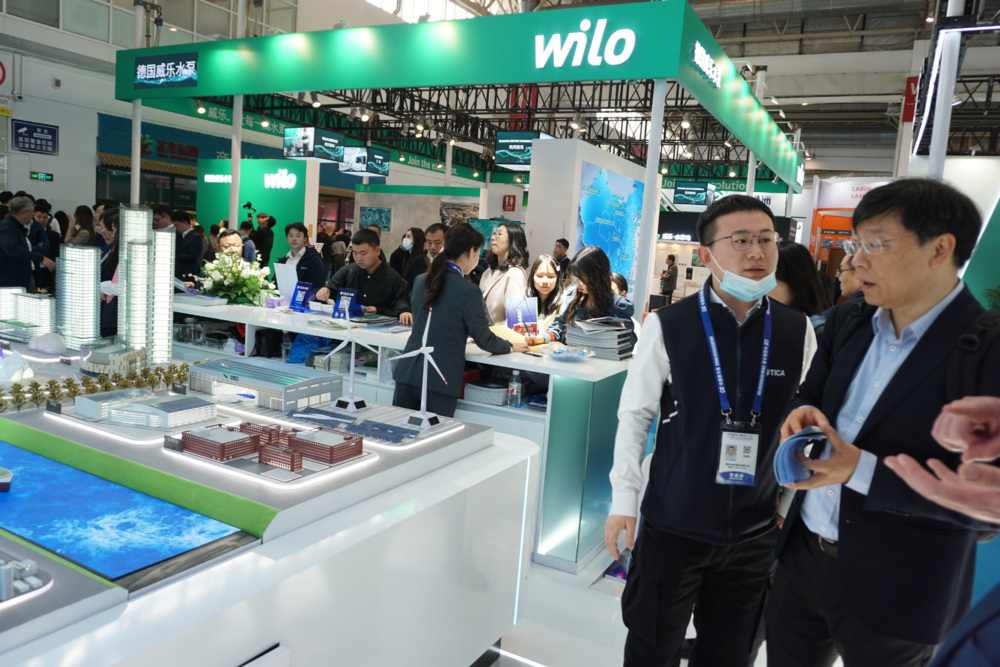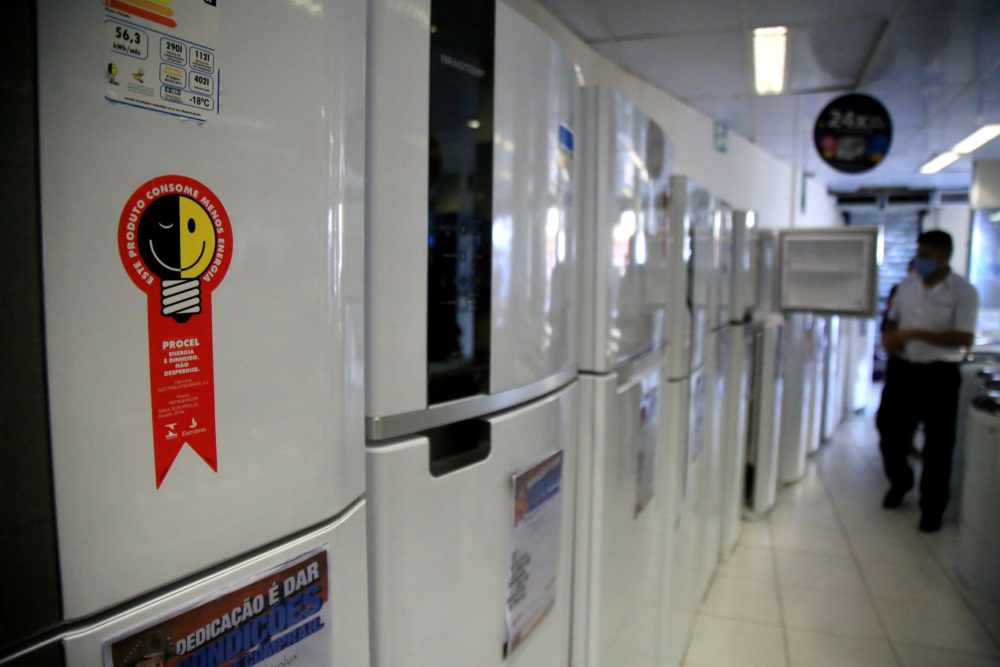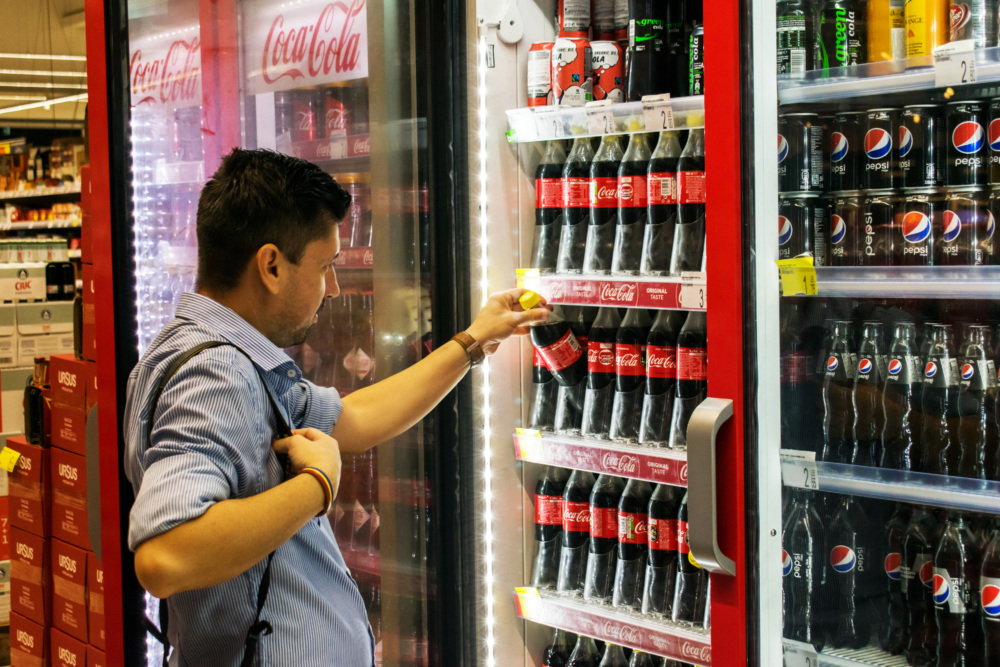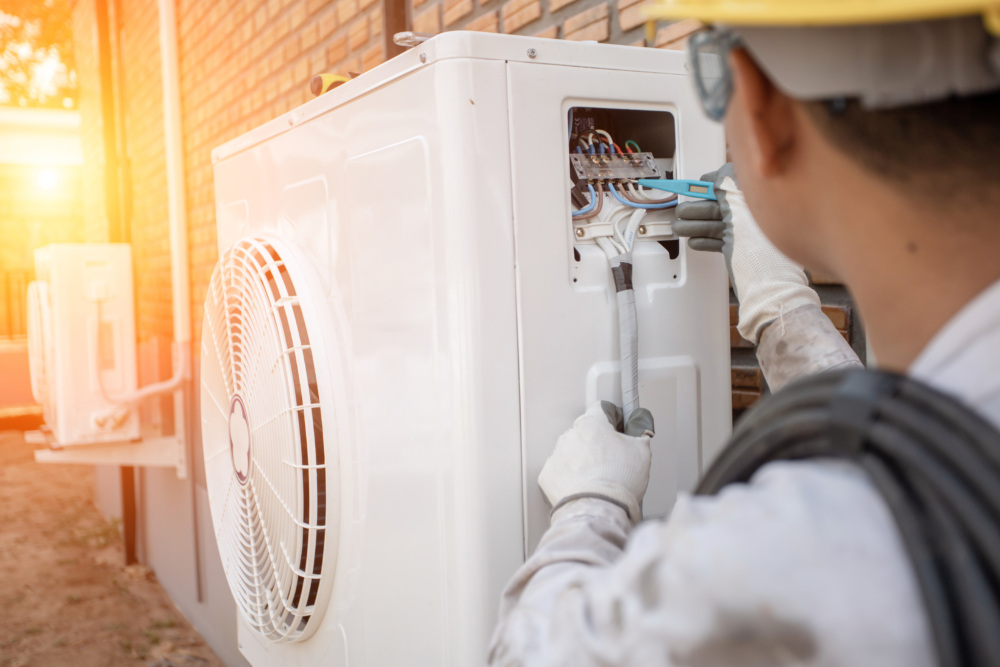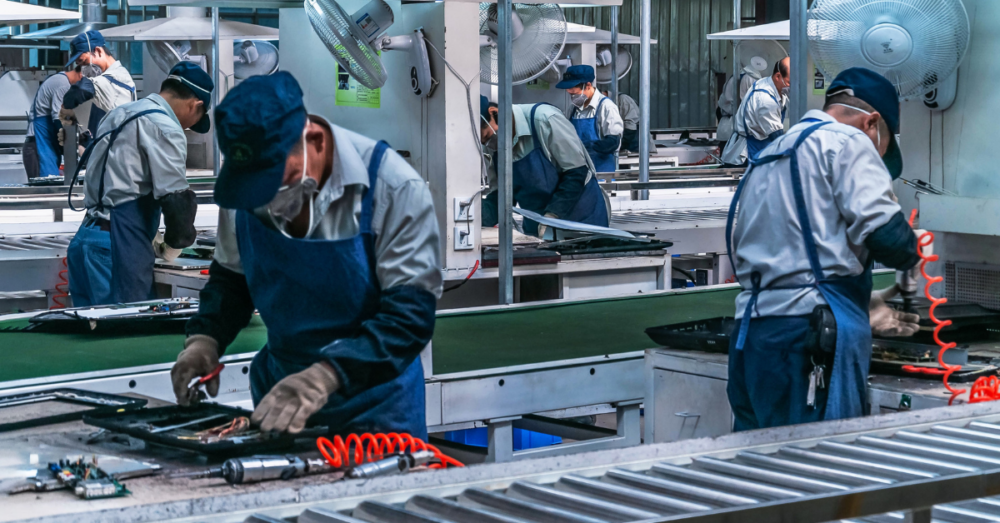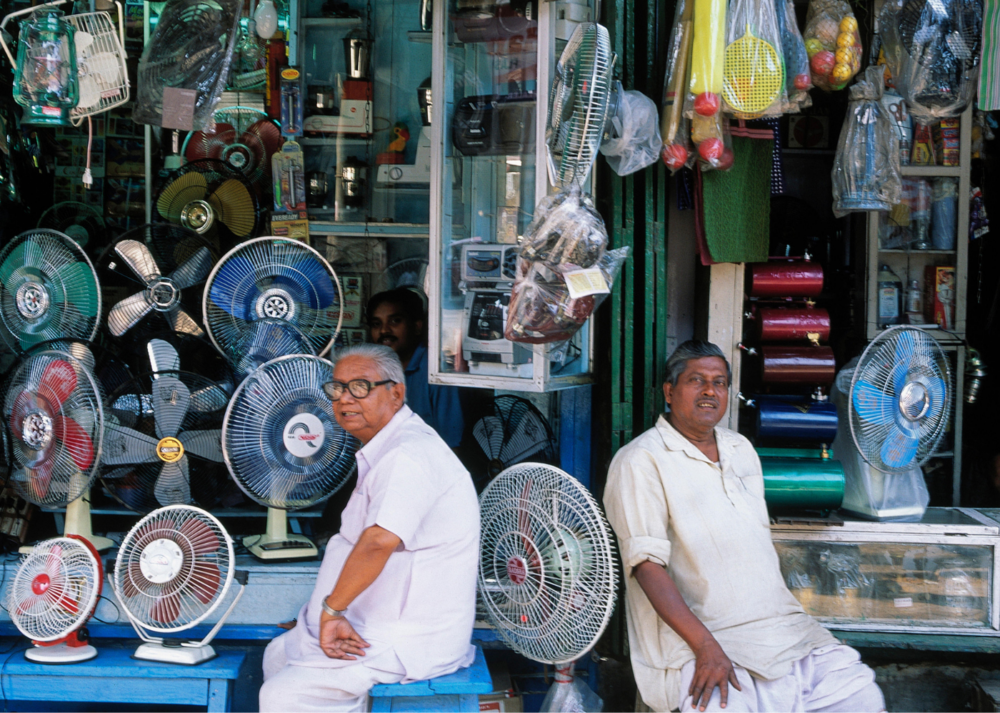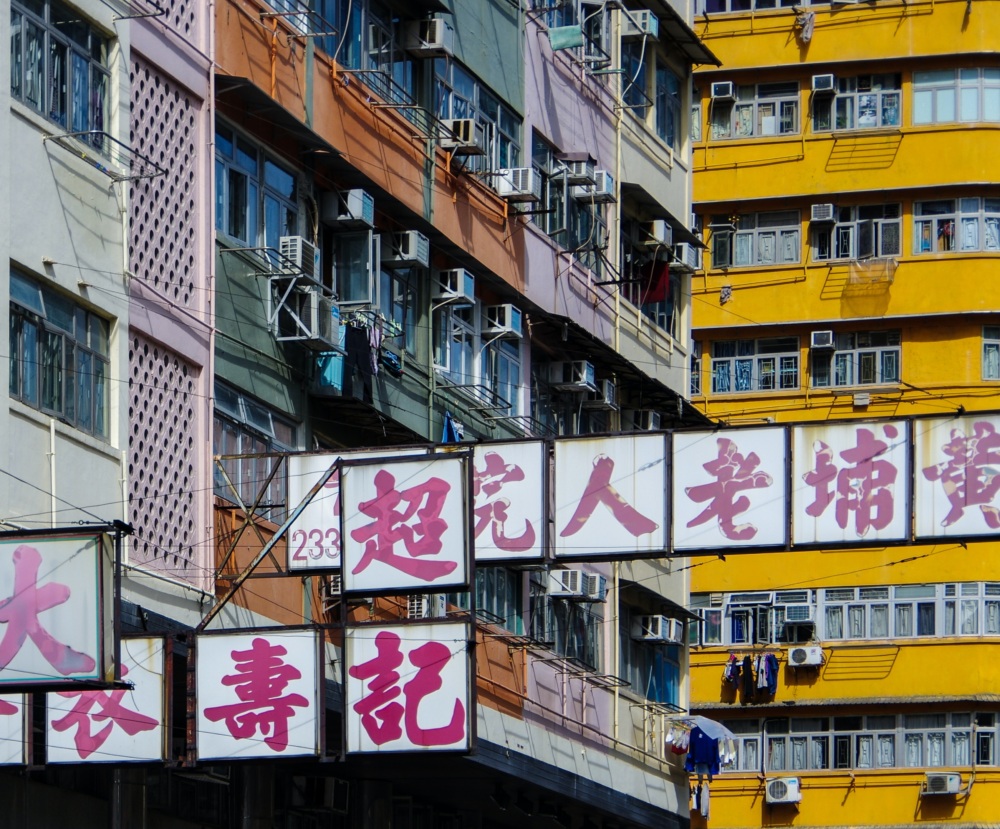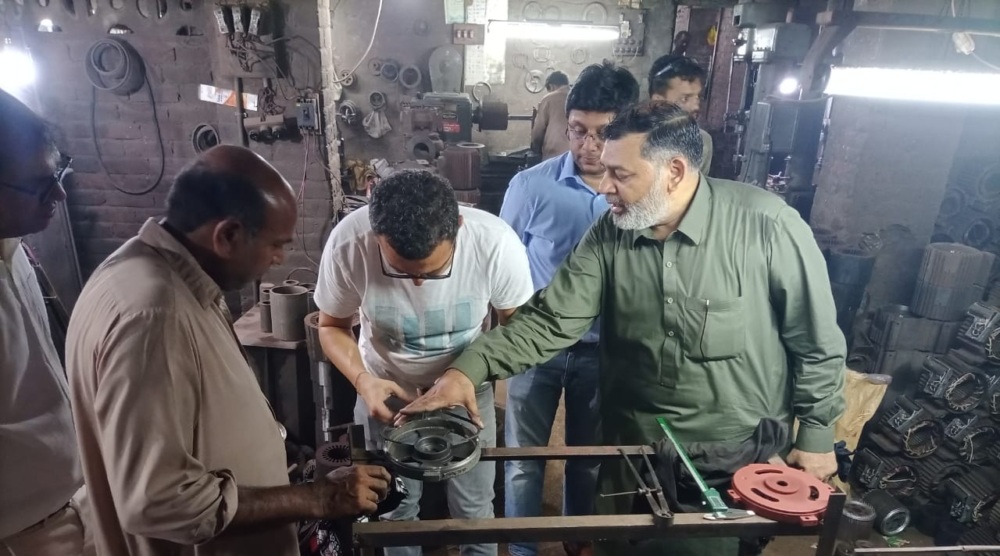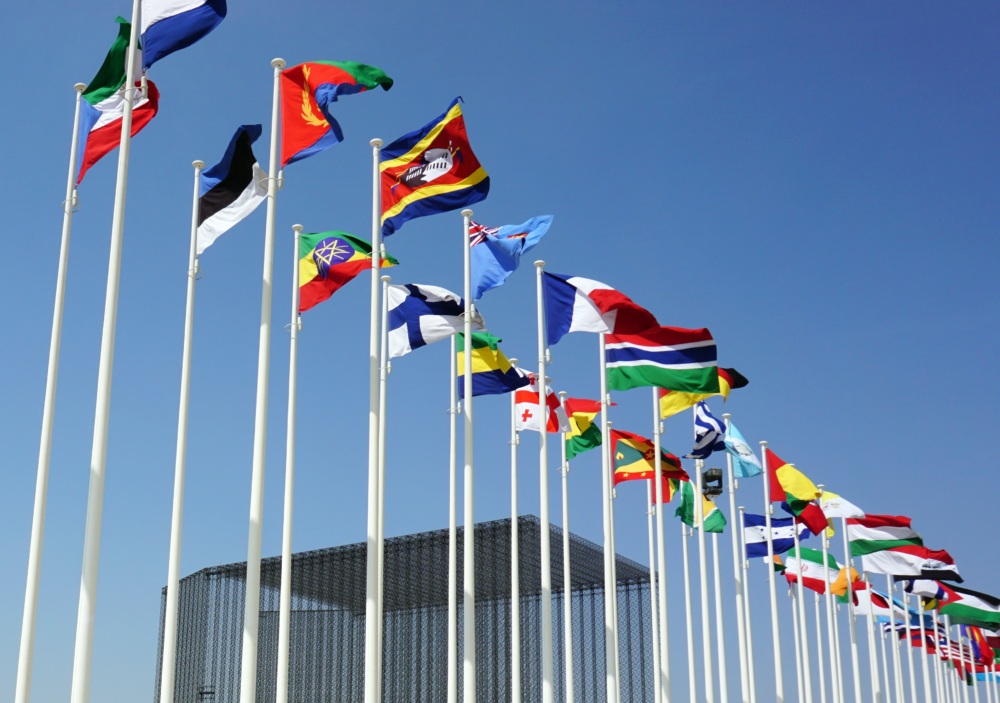Indonesian Cooling Appliance Policies to Avert 10.5 Mt CO₂ by 2030
This past December, Indonesia adopted policies for two common cooling appliances, aided by CLASP research.
To close out 2021, the Directorate of Energy Conservation in Indonesia drafted new MEPS and labeling policies for chillers and refrigerated display cabinets (RDCs), with CLASP support and in accordance with the Ministry of Energy and Mineral Resources Regulation No. 14/2021 on Implementation of Minimum Energy Standards for Energy-Using Equipment. Both appliances consume large amounts of energy and are used by millions of businesses and organizations, providing an enormous opportunity for efficiency improvements and emissions reductions. By 2030, the policies have the potential to prevent 10.5 million metric tons of CO₂ emissions and reduce the country’s energy use by 11,725 GWh, about 4% of the national annual consumption.
Indonesia is home to the second most supertall buildings (structures over 300 m tall) in Southeast Asia, and by end of 2020, the country had 105 such buildings. Better regulated chillers would increase the efficiency of these buildings’ cooling systems and significantly contribute to the country’s overall building efficiency.
RDCs are designed to maintain food and beverages at very low temperatures. According to BPS (the Indonesian Statistical Bureau), Indonesia has over 4 million enterprises in the Food and Beverage Service Activities sector, a majority of which regularly use RDCs.
Because of the potential market of both appliances, implementing appliance energy efficiency policies is critical to ensuring that consumers are only purchasing highly efficient, quality appliances. The MEPS and labeling policies will encompass:
- Scope or coverage of the regulation, such as definition, HS code, type or characteristic of products, etc.
- Values of the MEPS
- Type and model of the product certification
- Procedures and requirements for product testing
- Exceptions
- Tolerance values
From 20-21 December 2021, a technical team responsible for the development of MEPS and energy label regulations and representatives from ASHRAE and SUCOFINDO convened in West Java, Indonesia. The process will continue next year with a series of consultative meetings with key stakeholders impacted by the regulatory changes.

